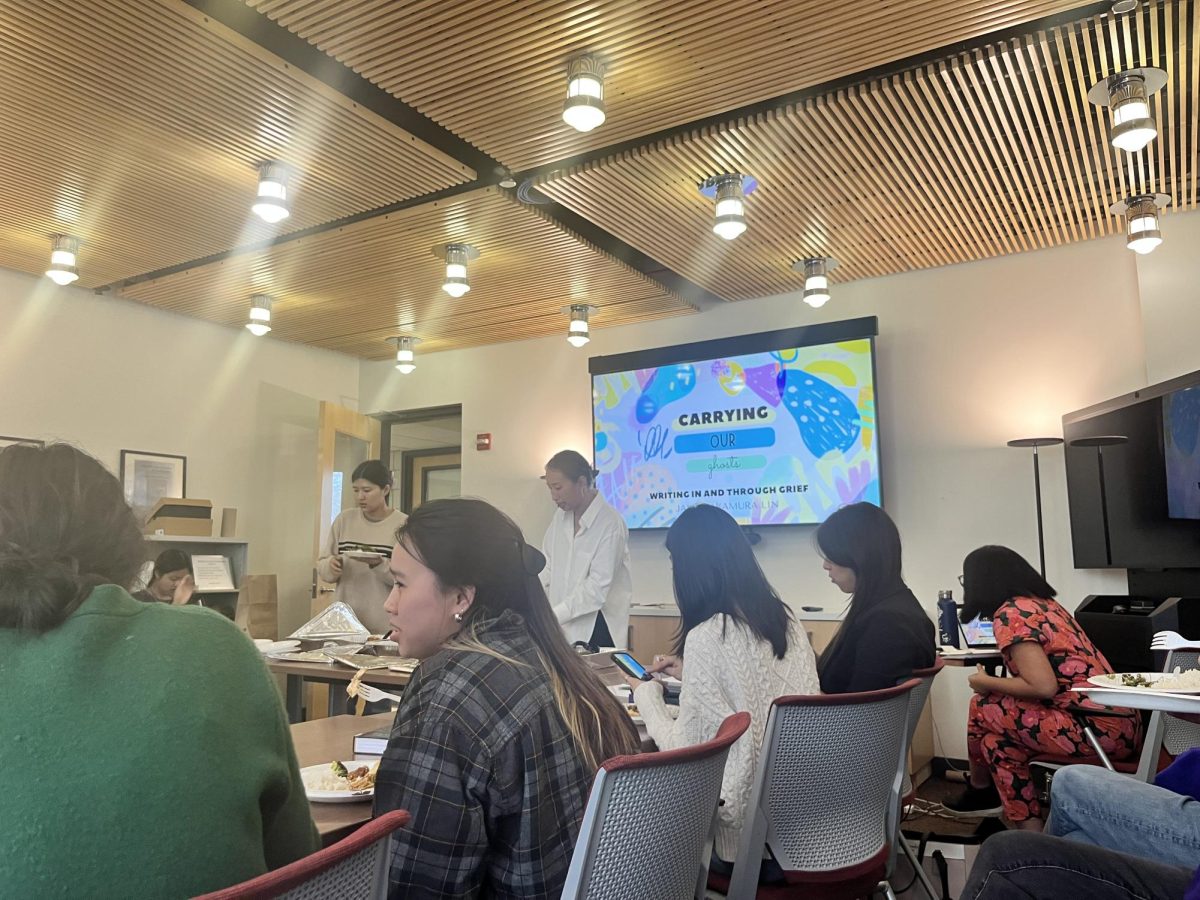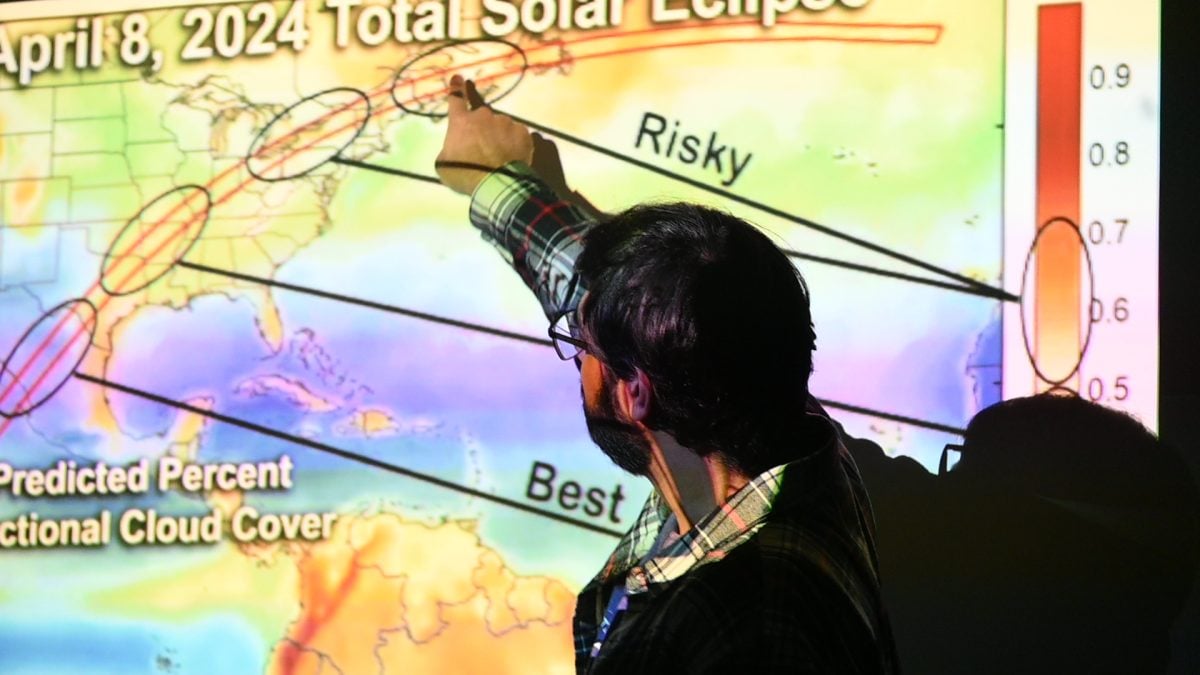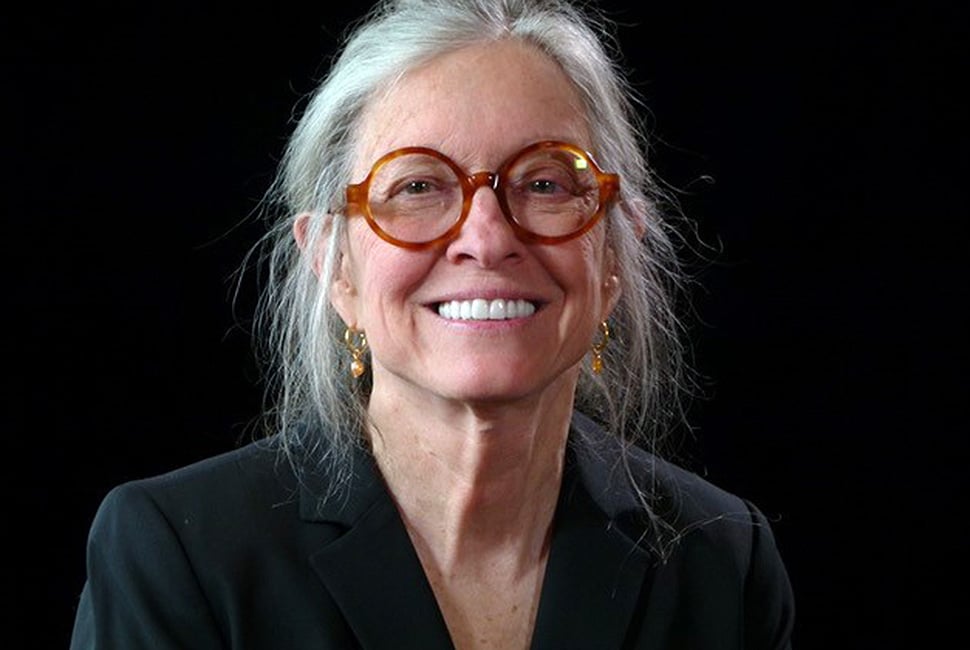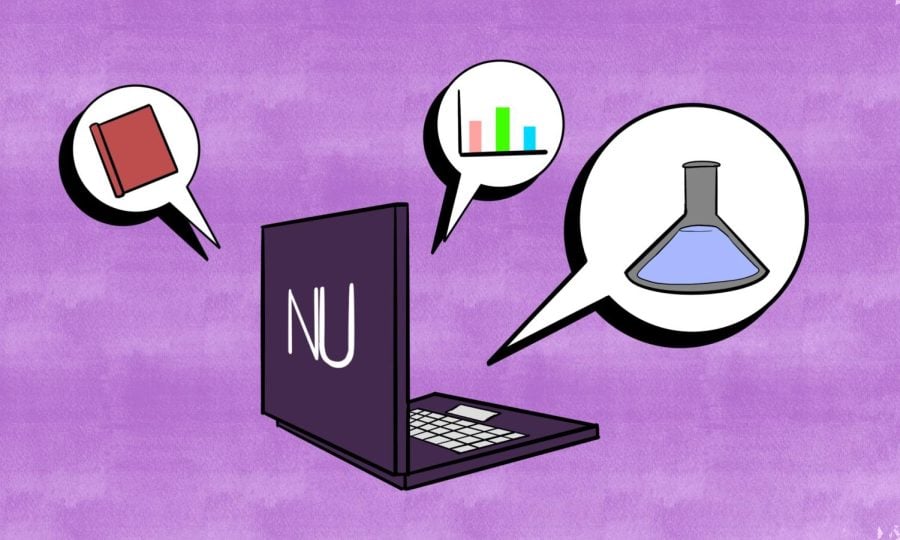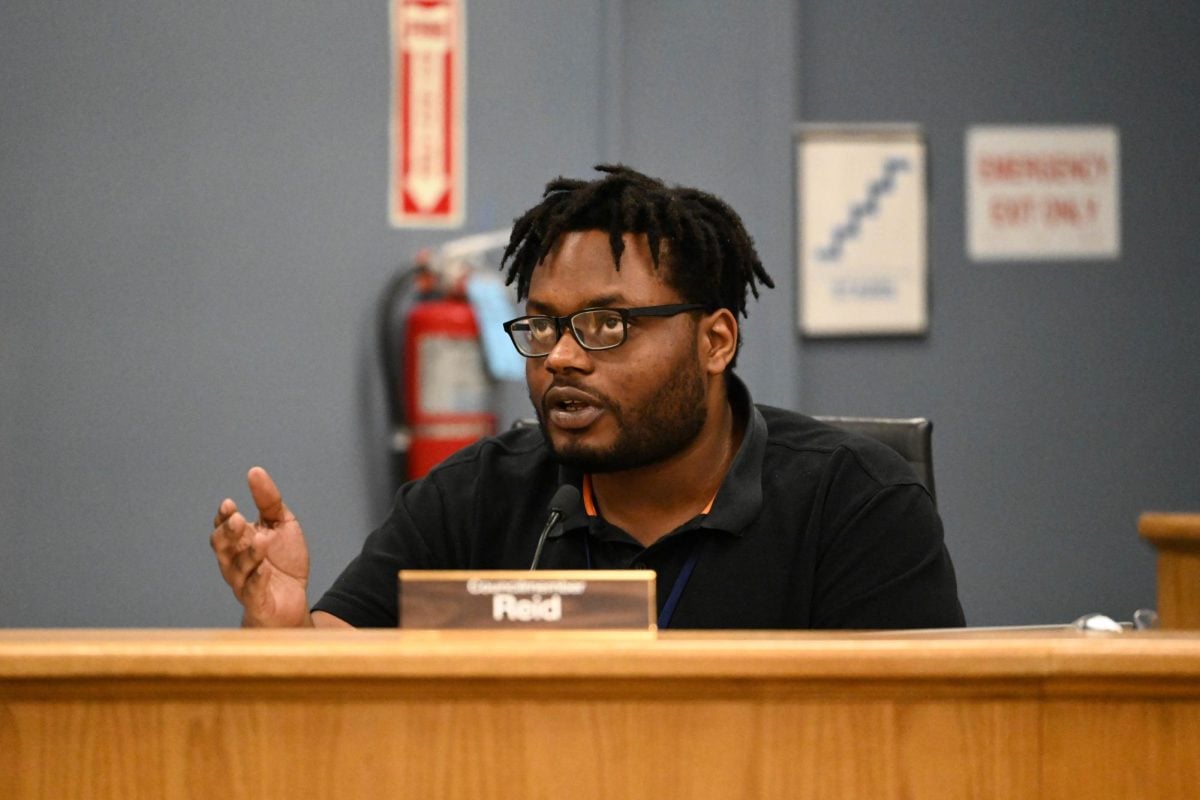Heads down, about 25 students put pencil to paper, carefully considering what “ghosts” they carry with them. Led by author Jami Nakamura Lin, this grief writing workshop titled “Carrying Our Ghosts: Writing in and through Grief” took place Wednesday evening in Crowe Hall.
The workshop, hosted in conjunction by the Asian American Studies program and One Book One Northwestern, drew inspiration from Nakamura Lin’s experience with grief. Nakamura Lin wrote her 2023 novel “The Night Parade” as a form of remembrance and resurrection. The book touches on themes of mythology, mental illness, motherhood and intergenerational trauma.
“One of the reasons why I was so interested in writing about this novel was that I didn’t feel like there were really that many places to talk about (grief),” Nakamura Lin said. “When my father died, I really felt the loss of that space and there wasn’t really a place to talk about it.”
Nakamura Lin said she aimed to call on participants to “see (their grief), point at it” and wanted them to face their grief with her, a concept borrowed from Akwaeke Emezi’s “Dear Senthuran.”
The workshop led participants through several readings about grief, facilitating a space for participants to narrate their own “ghosts.”
“Ghosts are things that keep returning to us over and over again,” Nakamura Lin said. “Often, when I was growing up, I would just kind of shut all those things away. Writing my own story was a process of trying to learn how to carry that with me.”
Nakamura Lin encouraged participants to encounter grief and memory with curiosity and care and write without self-judgment.
Though she hesitated at first, Communication junior Melanie Ahn shared her narrative with the workshop.
“I’m someone that isn’t very vulnerable with my emotions,” Ahn said. “I tend to push things down and I’m not very good at expressing the way that I feel. It was kind of daunting to step into a space like this and be asked to do that, but I found it to be really cathartic. Grief is something that can be a really personal but also communal experience.”
English and Asian American Studies Prof. Michelle Huang, who is currently teaching “English 375: Memory and Identity in Asian American Literature,” encouraged her students to attend the event.
Huang said she plans to apply certain aspects of the workshop to her classes, including the open-ended writing and discussion prompts.
“It’s okay to mourn and be vulnerable,” Huang said. “Those feelings are also thinking and not just unproductive or not useful, that they can be used to move towards a better world. The grief means and matters something.”
Nakamura Lin encouraged attendees to change the way that they think about grief.
“Often, with grief, people like to give you a specific timeline to be sad,” Nakamura Lin said. “Thinking about it as an opening, as carrying these things with us — it can be a portal to something else.”
Email: [email protected]
Twitter: @lmschroeder_
Related Stories:
— Faculty learn strategies for discussing grief, identity at One Book One Northwestern workshop
— One Book One Northwestern hosts Helen Cho for talk on Korean diaspora
— Curtis Chin talks memoir, Asian American upbringing at Evanston ASPA event











